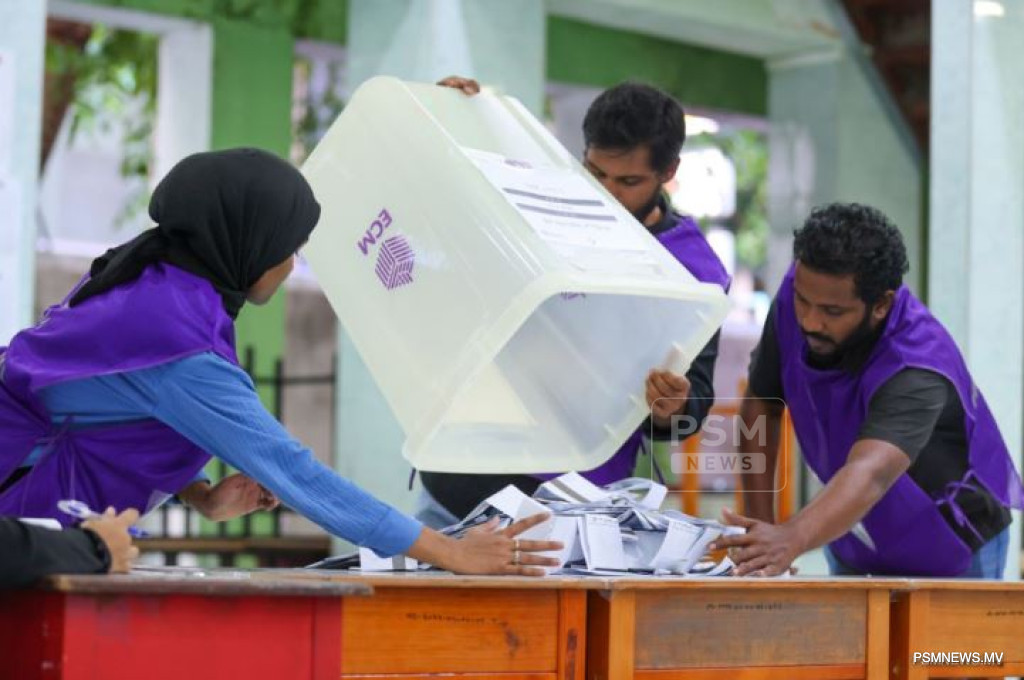
The Election Commission of Maldives (ECM) has said that the implementation of a separate law governing public referendums will significantly enhance the democratic environment in the Maldives.
This affirmation came as the Election Commissioner, Mohamed Zahid, briefed PSM News on the upcoming referendum vote in three wards of Addu City, which marks the first under the nation's new Public Referendum Act.
Zahid emphasised that incorporating the public's opinion on crucial national matters is a cornerstone of democracy. While the Constitution grants the President the authority to hold referendums, he highlighted that operating under a distinct legal framework is a vital advancement for the country's democratic progress.
"A public vote under the General Referendum Act will have a positive impact on the democratic environment in Maldives," Zahid stated, labelling the vote scheduled for 25 October in Addu City as a "historic vote."
He underscored the ECM's commitment to fortifying the nation's multi-party democracy.
"It is our responsibility to strengthen and improve this environment... In that sense, direct democracy, going to the people and asking them questions, especially at the island level, is a very important and a significant step forward for democracy."
The ECM warmly welcomed the government's initiatives aimed at strengthening and promoting the democratic environment across the Maldives.
The inaugural nationwide vote under the General Referendum Act seeking the views of residents in Addu's Hulhudhoo, Meedhoo, and Feydhoo wards regarding a proposed change in the composition of the Addu City Council.
The referendum will determine whether separate councils should be established for Addu Feydhoo, Addu Hulhudhoo and Addu Meedhoo. Voters will also decide whether to create a single council - Addu Hulhumeedhoo Council - to administer both Addu Hulhudhoo and Addu Meedhoo.
The primary objective of the referendum is to seek the opinion of residents concerning the establishment of dedicated councils versus unified administration across selected wards.
The General Referendum Act establishes guidelines for holding referendums on significant public concerns, issues of national importance, and amendments to certain articles of the Constitution. Under this law, the Parliament will determine the necessity of a public vote on matters pertaining directly to the people, while the President will decide on issues of national significance.
